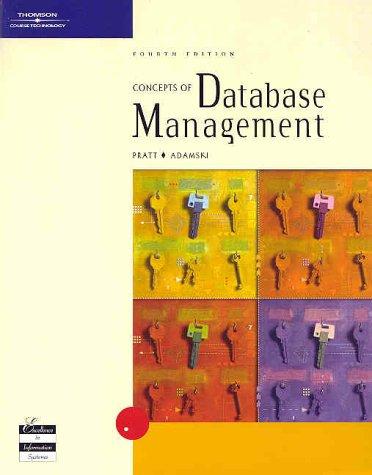Question
#To help streamline certain development activities, ISO #(the International Organization for Standardization) provides #a table of codes, short abbreviations, and long abbreviations #for every nation
#To help streamline certain development activities, ISO #(the International Organization for Standardization) provides #a table of codes, short abbreviations, and long abbreviations #for every nation in the world. We have created a class called #Nation to structure this information. The Nation class #contains 6 attributes: # # - short_name: The short, common form of a country's name, # such as "Albania". # - long_name: The long, official form of a country's name, # such as "Republic of Albania". # - iso_code: The numeric code corresponding to the nation, # such as 8. # - iso_short: The short abbreviation corresponding to the # nation, such as AL. # - iso_long: The long abbreviation corresponding to the # nation, such as ALB. # - capital: The capital city, such as Tirana. # #To let you debug, we've provided you the class here. Your #code will have access to this. class Nation: def __init__(self, short_name, long_name, iso_code, iso_short, iso_long, capital): self.short_name = short_name self.long_name = long_name self.iso_code = iso_code self.iso_short = iso_short self.iso_long = iso_long self.capital = capital
#Write a function called to_dictionaries that will take as #input a list of instances of this class. It should return a #dictionary of dictionaries. The keys for the dictionaries #should be the short names of the nations. The values should #be additional dictionaries, each with five keys: long_name, #iso_code, iso_short, iso_long, and capital. # #For example, if we created two instances of Nation like this: #new_nation_1 = Nation("Albania", "Republic of Albania", 8, "AL", "ALB", "Tirana") #new_nation_2 = Nation("Angola", "Republic of Angola", 24, "AO", "AGO", "Luanda") # #...then made them into a list like this: #nation_list = [new_nation_1, new_nation_2] # #...then called the function: #new_dict = to_dictionaries(nation_list) # #...then we would get this dictionary in return: #{"Albania": {"long_name": "Republic of Albania", "iso_code": 8, "iso_short": "AL", "iso_long": "ALB", "capital": "Tirana"}, # "Angola": {"long_name": "Republic of Angola", "iso_code": 24, "iso_short": "AO", "iso_long": "AGO", "capital": "Luanda"}} # #HINT: This problem looks long, but don't overcomplicate #it. Each part is something you've done lots of times: #iterate through a list of instances, get the key, create #a new dictionary, add the other key-values one-by-one, #and return the overall dictionary.
#Add your code here!
#Below are some lines of code that will test your function. #You can change the value of the variable(s) to test your #function with different inputs. # #If your function works correctly, this will originally #print (although the order of the keys may vary) the #sample dictionaries shown in the directions. new_nation_1 = Nation("Albania", "Republic of Albania", 8, "AL", "ALB", "Tirana") new_nation_2 = Nation("Angola", "Republic of Angola", 24, "AO", "AGO", "Luanda") nation_list = [new_nation_1, new_nation_2] print(to_dictionaries(nation_list))
Step by Step Solution
There are 3 Steps involved in it
Step: 1

Get Instant Access to Expert-Tailored Solutions
See step-by-step solutions with expert insights and AI powered tools for academic success
Step: 2

Step: 3

Ace Your Homework with AI
Get the answers you need in no time with our AI-driven, step-by-step assistance
Get Started


